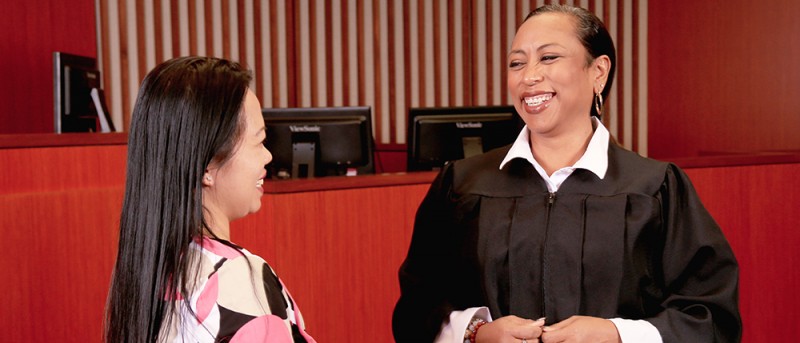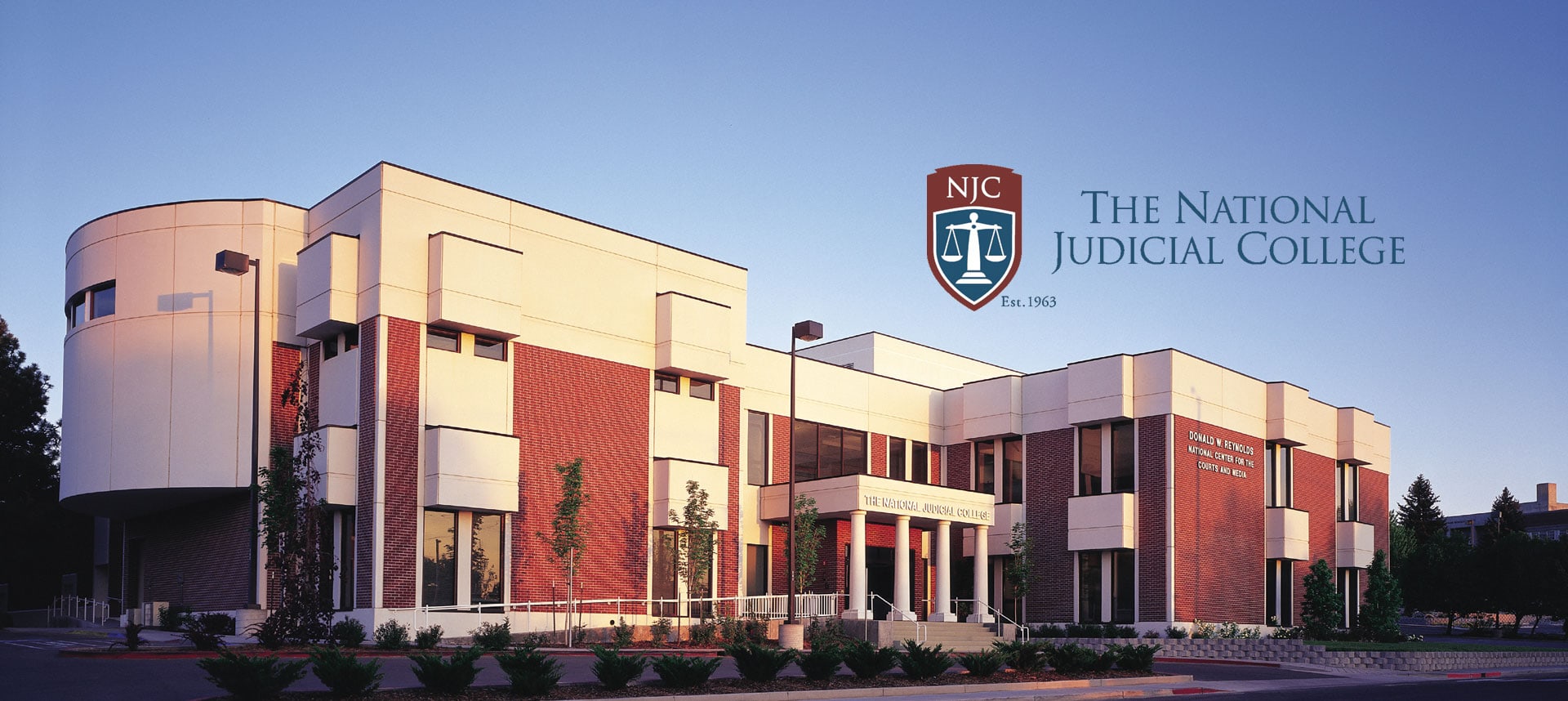
Our March Question of the Month asked if you could change one thing about being a judge, what would it be?
Among the nearly 200 judges who responded, the most popular answers, with about 15 percent of the vote each, were “being overworked” and “social isolation.”
Many said they faced an overwhelming docket or wished they had more time to render verdicts. One judge recommended a four-day work week.
“The role of the judge is extraordinary, yet most models treat it the same as other professions,” commented one judge, anonymously, as most did. “We are faced with trauma each day and are tasked with making decisions that affect others’ lives, yet we are not provided any respite for it.”
Judges described feelings of isolation from spending long hours alone in chambers. One judge said weeks might pass without any personal interaction with colleagues.
Some mentioned how certain conduct rules limit their ability to socialize with colleagues in the legal community. Some judges said they would like to be more involved in the community or speak out on issues that matter to them, but the fear of violating an ethics rule stops them.
Others complained that the public sometimes views judges as always “on the clock,” making socializing awkward.
“[There’s a perception that] we are not entitled to a normal personal life,” said one judge.
Several said they would like to eliminate or change judicial elections. Many bemoaned campaigning and fundraising and said it threatens judicial independence.
“Judging should be about the fair and timely adjudication of cases instead of fundraising from the attorneys who appear before us,” said one.
Other items that multiple judges said they’d change were having better-prepared lawyers arguing before them or fewer self-represented litigants. Some judges wanted more education.
Perhaps surprisingly, only a handful of judges wished for higher salaries.
And not everyone was dissatisfied.
“[I wouldn’t change] one thing,” said Jefferson County (Pennsylvania) Court of Common Pleas Presiding Judge John H. Foradora. “It is the greatest job in the world and remains that even after 17 years.”
* Each month the College emails an informal, non-scientific, one-question survey to its more than 12,000 judicial alumni in the United States and abroad. The results, summarized in the NJC’s monthly Judicial Edge newsletter, are not intended to be characterized as conclusive research findings.
Hr>They didn’t teach you this in law school
Being a good judge isn’t enough in the position of presiding judge. You need to know how to tackle human resource issues, budget complications and other management challenges. Management Skills for Presiding Judges will teach you all that and more, helping you become the leader your court needs.
Offered May 21-25, 2018, in Reno, Nevada
Click here for more information or to register


The Hon. Mary-Margaret Anderson (Ret.), a retired administrative law judge with the California Office of Ad...

Happy October, Gaveliers faithful. Are you loving this or what? No one believed a team made up of judges...


Hon. Diane J. Humetewa, the first Native American woman and the first enrolled tribal member to serve as a ...

Retired Massachusetts Chief Justice Margaret H. Marshall has been selected as the 2024 winner of the presti...